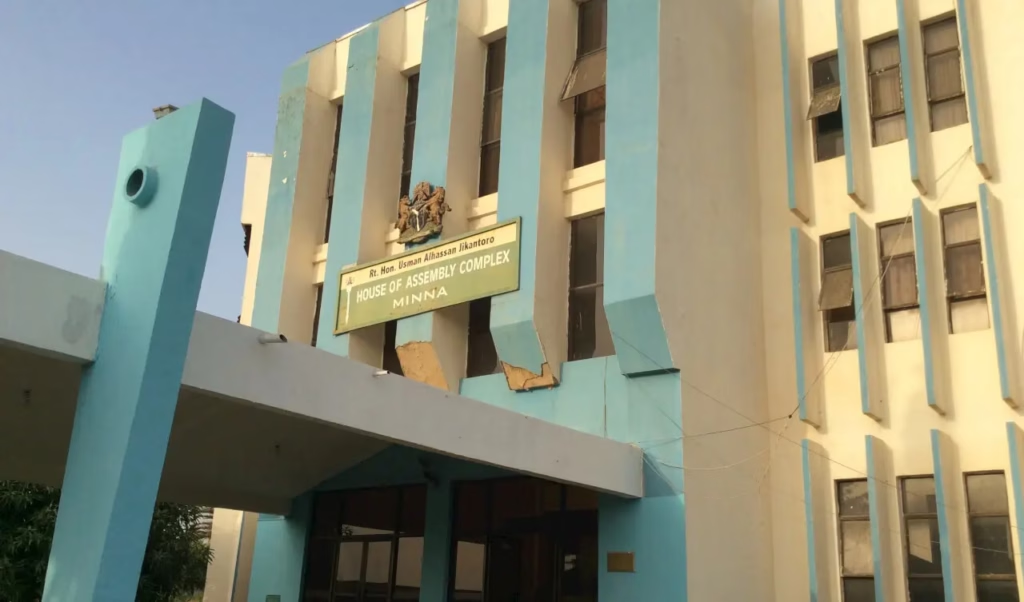The Niger State House of Assembly has called for immediate action over the controversial appointment of a managing director for Nigeria’s Hydroelectric Power Producing Areas Development Commission (HYPPADEC), arguing it violates legal statutes mandating leadership roles for representatives from regions hosting hydroelectric facilities. Lawmakers unanimously approved a resolution urging federal authorities to address the alleged breach of the HYPPADEC Act, which stipulates that the commission’s managing director must hail from its member states and be appointed on a rotational basis.
The motion, introduced by legislator Abubakar Suleiman Gomna of Bosso Constituency, criticized President Bola Tinubu’s recent selection of Mrs. Tomi Somefun, an indigene of Oyo State—a non-member of HYPPADEC—as inconsistent with Section 12(2)(a) of the commission’s founding law. Gomna emphasized that HYPPADEC, established to address ecological and developmental challenges in hydroelectric power-producing areas, explicitly limits leadership appointments to its six member states: Niger, Kebbi, Kwara, Plateau, Benue, and Kogi. “This appointment undermines both the legislation and the principle of equitable representation for communities directly impacted by hydroelectric operations,” he stated, citing widespread public discontent.
Deputy Speaker Afiniki Eunice Dauda, presiding over the session, announced plans to mobilize an eight-member delegation to formally submit the resolution to the National Assembly. The delegation, comprising lawmakers from Bosso, Tafa, Borgu, and five other constituencies, will also engage HYPPADEC member states to consolidate support. The move underscores rising tensions over resource allocation and regional representation in Nigeria, where federal appointments often spark debates about adherence to statutory protocols and fair power-sharing.
Legal analysts note that the dispute highlights broader challenges in balancing national governance with localized equity frameworks. HYPPADEC, created in 2010, has historically faced scrutiny over project execution and fund distribution, with member states advocating stricter compliance with rotational leadership to ensure accountability. The Niger State Assembly’s decision to escalate the matter signals potential legal and legislative friction between state and federal authorities, as stakeholders await responses from Abuja and HYPPADEC’s governing board.
